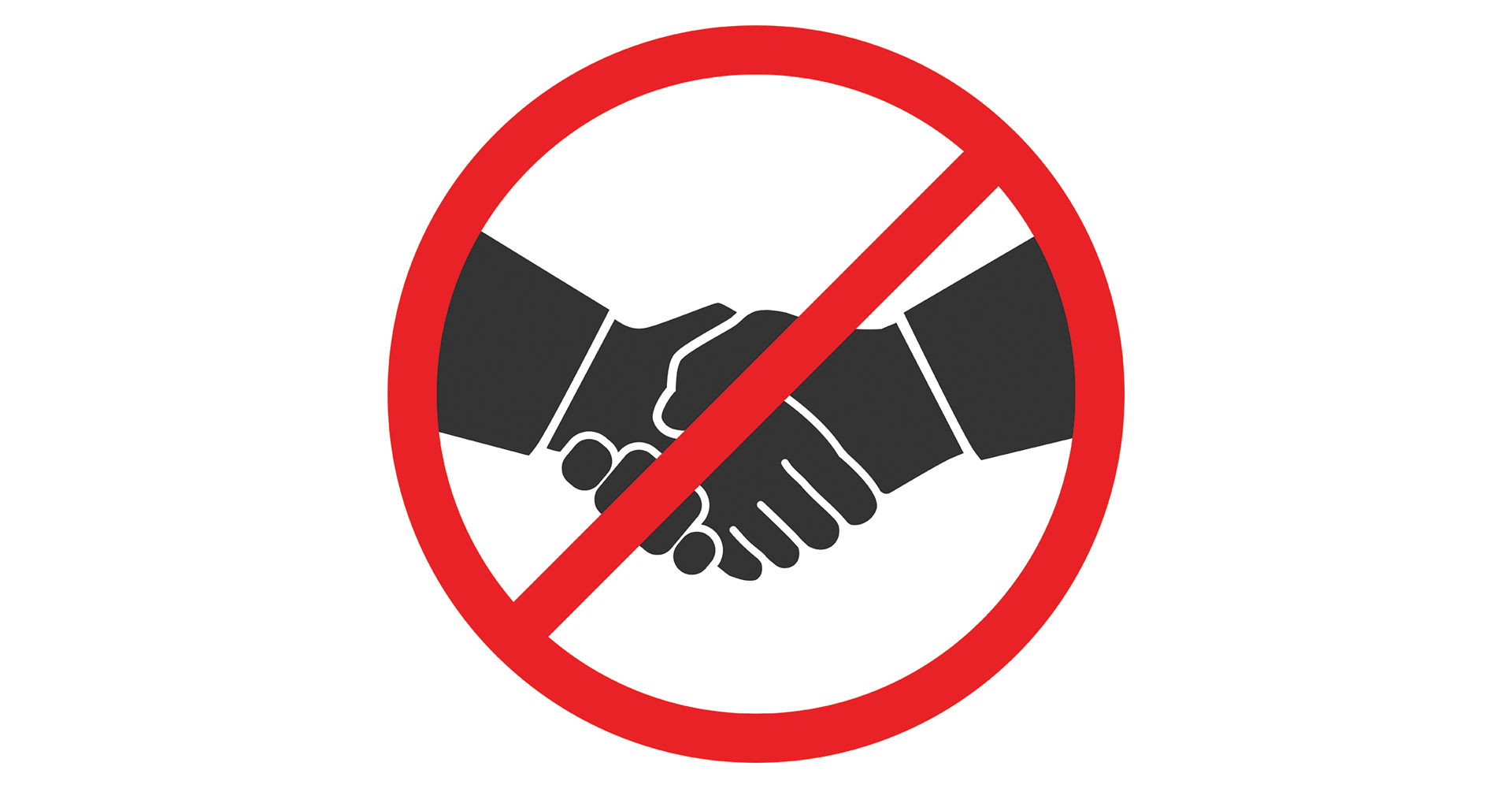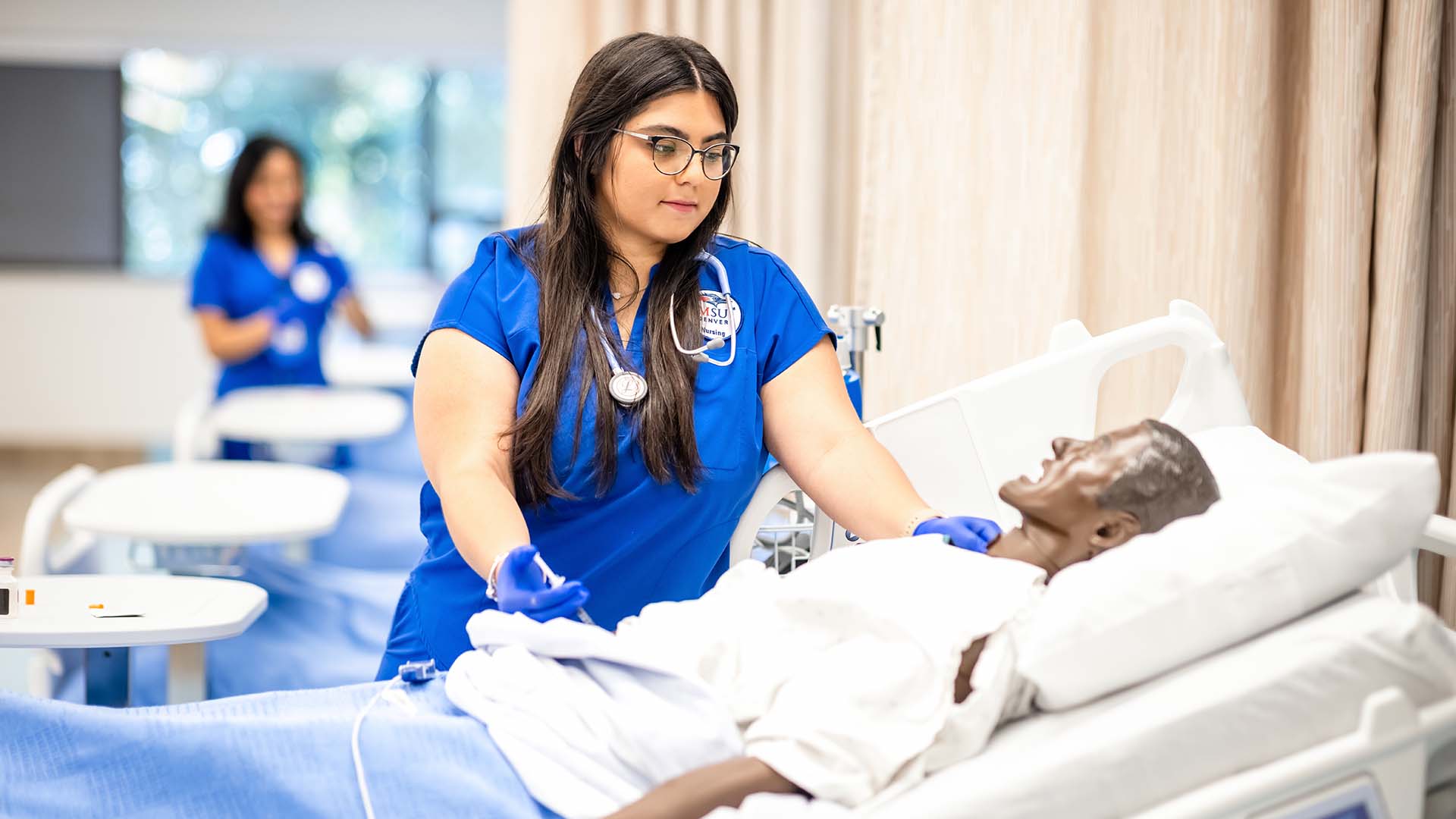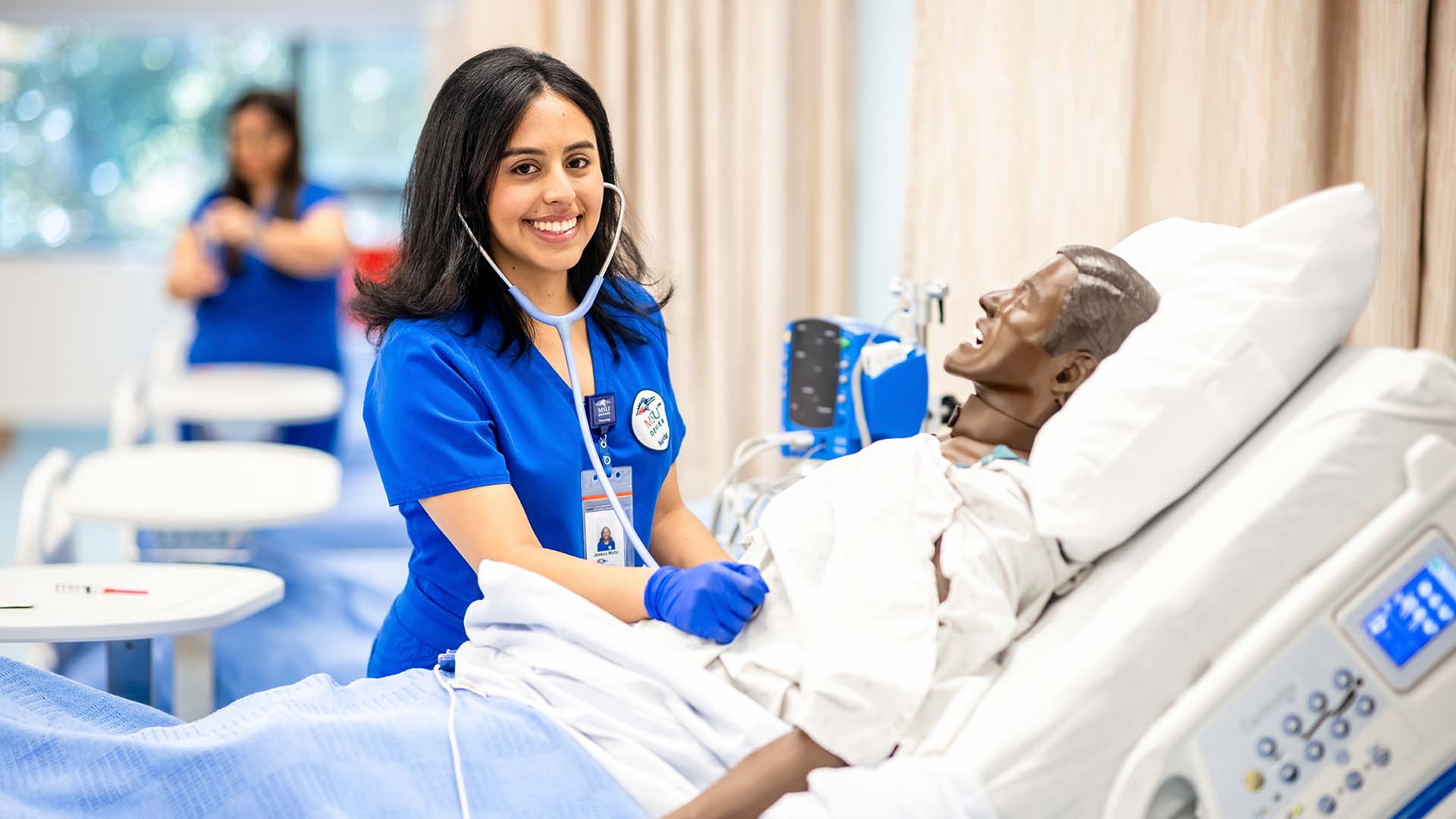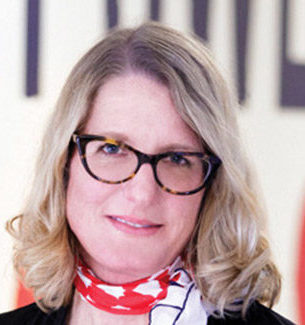Wave goodbye to the handshake amid coronavirus concerns
As the new disease also known as COVID-19 spreads, Americans must eliminate long-established physical greetings. Here's how you can change the social script — and help break the chain of transmission.

Elbow bump, anyone?
Among all the fraught medical talk about the coronavirus, also known as COVID-19, it’s easy to overlook the drastic upheaval the disease has wrought on social customs across the world. But in the face of a potential global pandemic, suddenly rubbing noses, pressing foreheads, air kisses, dapping up or even offering a simple handshake doesn’t seem so wise.
That’s why last week we had the bizarre sight of Vice President Mike Pence elbow-bumping a line of state officials and the German Interior Minister refusing to shake hands with Chancellor Angela Merkel. Such displays may seem unusual now, but we’re probably all going to have to get used to them.
Across the world, different countries are already adopting their own greeting alternatives. Australians, for example, are patting each other on the back. The French are simply looking into each other’s eyes, while in China people have begun tapping their feet together.
Despite such innovations, nobody doubts it will be difficult for people to suddenly undo regular habits built over a lifetime—and human history. Indeed, besides being a medical emergency, COVID-19 is also creating a social minefield. To help you navigate this new reality and learn ways to overcome communications obstacles, RED connected with Katia Campbell, Ph.D., and Brenden E. Kendall, Ph.D., both associate professors in the Department of Communication Studies at Metropolitan State University of Denver, for advice and insights.
Why do we shake hands, anyway?
Kendall: Greetings such as shaking hands are social scripts — patterned, culturally mediated exchanges between people – and they play out as routines in any number of ways, including handshakes. We’re practiced in exchanging meaning and establishing the terms of our interactions by engaging these scripts. What’s being asked of us by not shaking hands upends the implicit currency exchanged between people through those scripts.
How can people resist doing it?
Campbell: Basically, people need to re-educate themselves. At the moment, the social pressure is so great that we might be tempted to knowingly shake someone’s outstretched hand, against our better judgment, rather than appear rude. But we collectively need to get over this. Refusing is not rude but healthy; it’s showing a consciousness about the risks of the virus.
Kendall: It’s particularly hard for us to break these routines because it’s awkward. Others expect us to participate in these routines, and a withdrawn handshake has meaning.

So is there a best practice for refusing a handshake?
Kendall: Thinking how you’re going to greet people or refuse a handshake in advance of social interaction makes those encounters a lot easier. First, be able to state clearly that you’re declining a handshake or a hug or another physical greeting. Next, be able to elaborate that you’re declining in part to curb transmission of COVID-19. Then, be able to provide an example or reason why you’re declining that greeting.
This clear three-step communication for refusing a handshake to one person can in turn make it easier for that person to refuse a future handshake and clearly communicate their reasons why to the next person.
Is it asking too much of people to cease greeting people in the manner in which we’ve been doing it for generations?
Kendall: We all have the responsibility to rethink communications habits at this time. Even if you are someone at low risk of catching or suffering greatly from (COVID-19), you have an ethical responsibility to change your behavior in order to protect people many degrees removed from you. Simple acts such as not shaking hands can break the chain of transmission.
Campbell: By politely refusing to shake hands and explaining why, you’ll be spreading useful information instead of spreading the virus. Think of it as doing a civic duty to stop the illness.
What is it about tactile greetings – such as handshakes, hugs and double kisses – that makes them so important to us?
Campbell: When we touch during a social interaction (the academic term is haptics), we communicate so many positive qualities – closeness, affinity, liking and security. Touch is the most sophisticated of our senses, and there’s lots of research underscoring its physical benefits. (For example, touch is vital to ensuring a baby’s health.) These greetings seem so important because, on a fundamental level, they form a critical part of our humanity.”
Kendall: In his book, “Speaking into the Air: A History of the Idea of Communication,” the scholar John Durham Peters writes about the irreducibility of touch – it can’t be broken into smaller parts. It’s fundamental, essential, core. Touch is a way of saying or showing, ‘I am here with you in a fundamental way.’”
Will some cultures struggle with these new social restraints more than others?
Campbell: Absolutely. Cultures that are more collectivistic, with closer familial and community ties, generally exhibit many more physical demonstrations of affection, so it will be tougher for them. Even here in the U.S., different groups demonstrate varying degrees of touch. In the South, for example, where I’m from, we tend to hug each other a lot more.
Kendall: It’s important to emphasize that (not using physical greetings) is not a just self-protective measure – it’s a responsibility to society to do what we can to break the chain of transmission and protects individuals who are most vulnerable.
If social contact is so important, what can replace it?
Campbell: Here’s an important point: Since we are being compelled to adapt our nonverbal communication, we need to be extra clear in our verbal communication – that really counts. When the social-touch element is diminished, speaking becomes all the more important.
Kendall: We can reestablish warmth by elbow bumps or foot taps or other forms. But touch is our mode of communication that is most resistant to recording, transmission, technology. It’s stubbornly wed to the proximate and the only sense that has no remote capacity.
Additional reporting by Alex Pasquariello
Metropolitan State University of Denver is diligently monitoring the emerging cases of COVID-19 in Colorado and providing updates to the University community on its dedicated Coronavirus Updates and Resources webpage.
RED will continue to report the effects of COVID-19 on Colorado’s economic, scientific and cultural sectors in subsequent stories.






